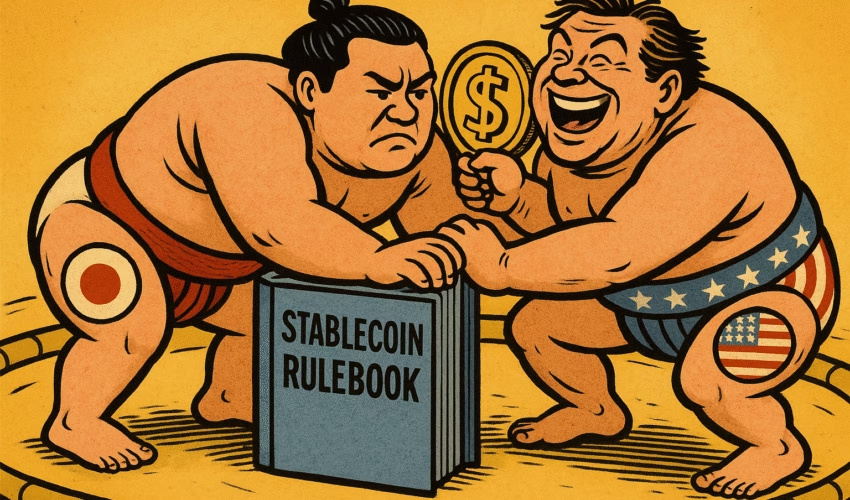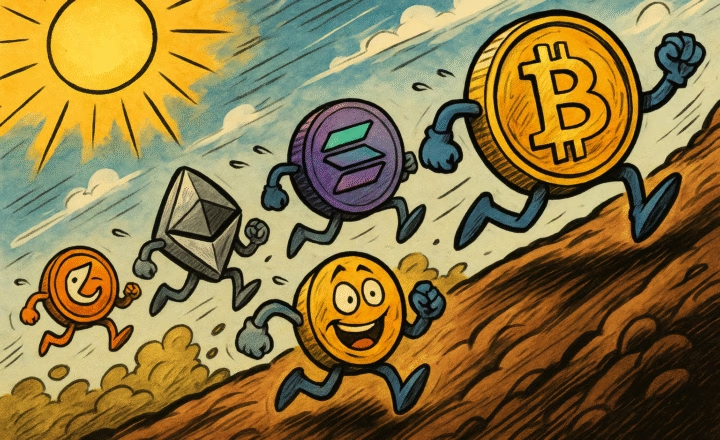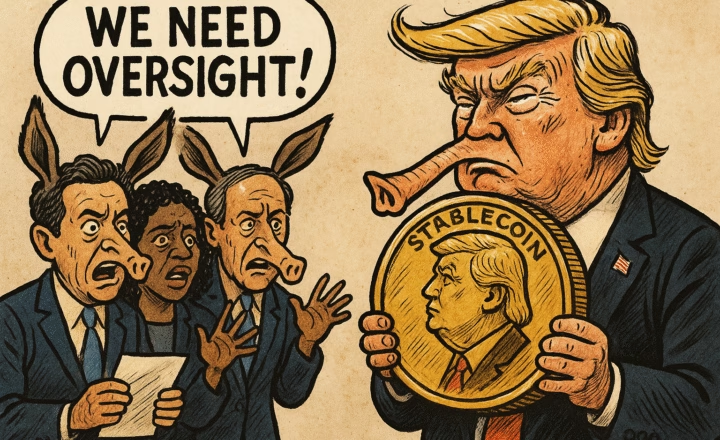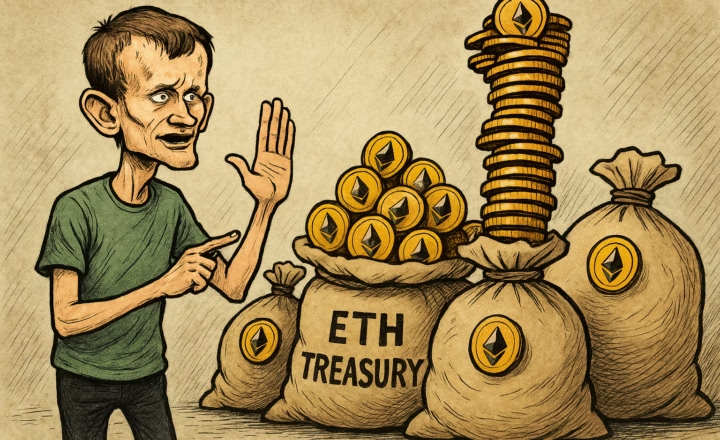Japan Wrote the First Stablecoin Rulebook — So Why Is the US Pulling Ahead?
Japan was the first country in the world to establish a comprehensive stablecoin regulatory framework back in 2023. But while Japan focused on clarity and systemic stability, real-world adoption has been slow. The United States, with its newly passed GENIUS Act, is now emerging as the center of global stablecoin momentum.
Different Philosophies: Stability vs. Speed
Under Japan’s 2023 Payment Services Act amendment, only licensed banks, trust banks, and registered money transfer operators can issue stablecoins. While the framework provides clarity, it has also limited innovation, leaving the yen-stablecoin market stagnant.
By contrast, the GENIUS Act in the US allows not just banks but also federally licensed non-bank institutions to issue stablecoins, provided they maintain full reserves and comply with regulatory standards.
This difference reflects a philosophical divide. “Japan prizes systemic stability above innovation speed, while the US is signaling a bigger market-opening play,” said Takashi Tezuka, country manager at Startale Group, in an interview with Cointelegraph.
Yen Stablecoins Finally Arriving
After two years of groundwork, Japan is preparing to approve its first yen-backed stablecoin this fall. Tokyo-based fintech JPYC will be the first issuer, pegging 1 JPYC to 1 JPY, fully backed by bank deposits and Japanese government bonds (JGBs).
Another potential issuer is Monex Group, the parent company of Coincheck and TradeStation. If Monex launches its own yen-pegged stablecoin, it could significantly accelerate adoption thanks to its large user base and credibility as a listed company.
If successful, these initiatives could finally bring the yen into the $270 billion global stablecoin market, which remains dominated by dollar-backed tokens such as Tether (USDT) and Circle’s USDC.
Stablecoin Adoption Efforts in Japan
Startale Group has been actively promoting stablecoin use in Japan. The firm recently partnered with financial giant SBI Holdings, which has also struck agreements with Circle (USDC issuer) and Ripple. Together, they are working on a tokenized asset platform, enabling 24/7 cross-border settlements and fractional ownership of stocks and real-world assets.
According to Tezuka, the next frontier is programmable treasuries, where companies use stablecoins and tokenized assets for automated FX hedging, conditional payments, and real-time capital allocation.
The Bigger Picture
While the US is currently pulling ahead with a broader, more market-friendly approach, Japan’s infrastructure-first strategy could prove valuable in the long run. By prioritizing safety, compliance, and institutional trust, Japan may be positioning itself for sustainable growth once stablecoin adoption expands globally.












